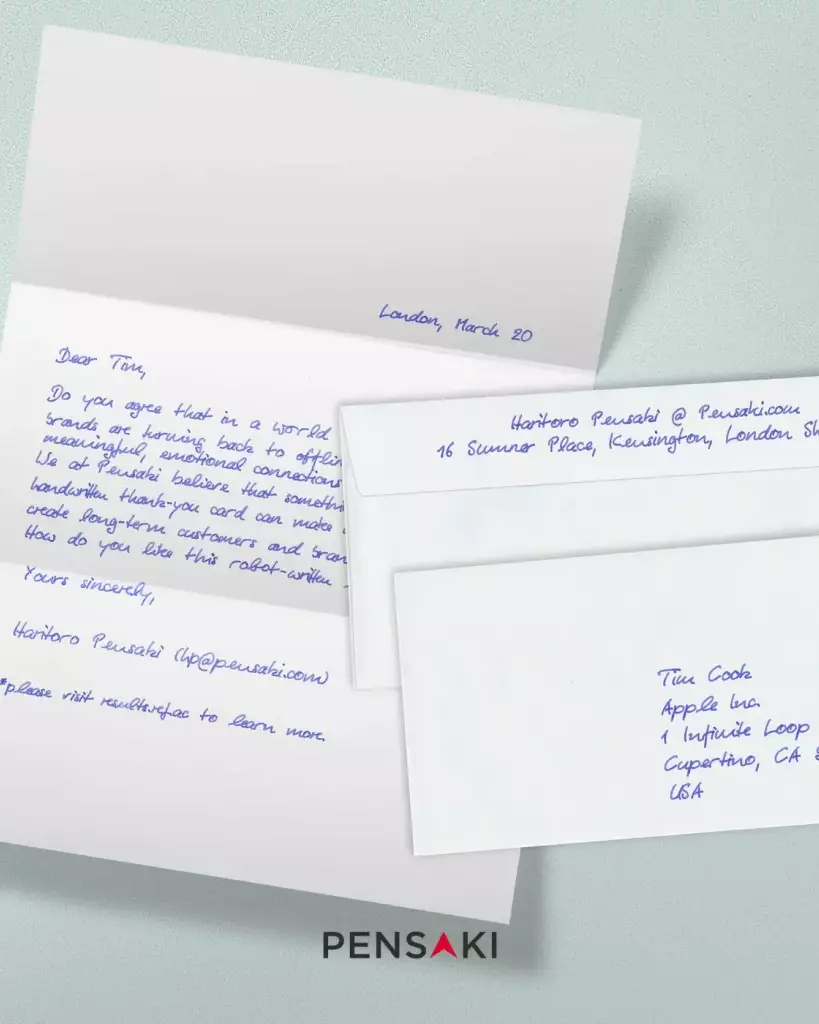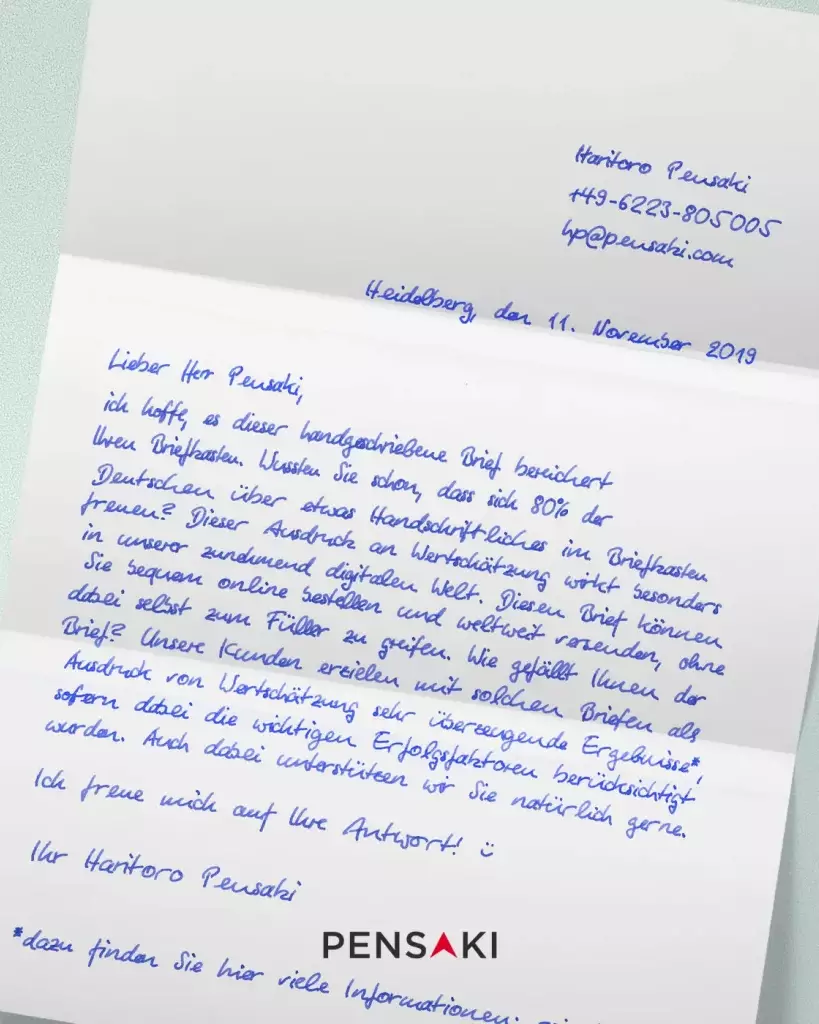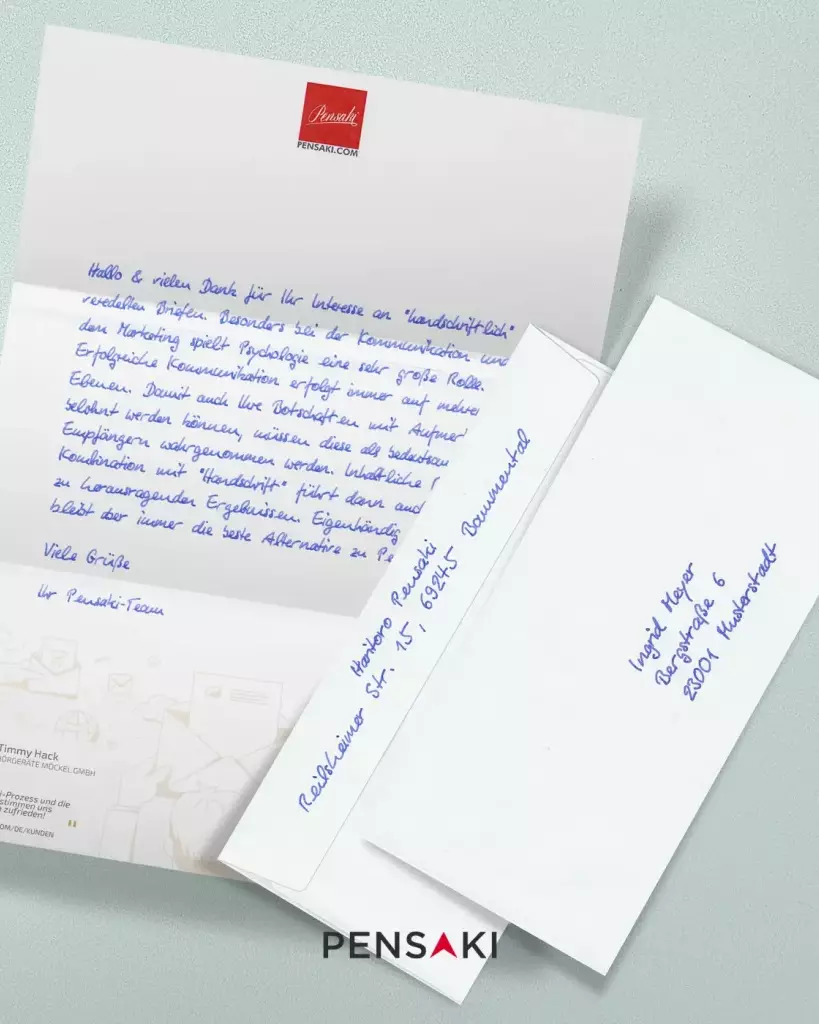Understanding cognitive biases is crucial for effective sales and marketing campaigns. These biases, inherent in human decision-making, greatly influence consumer behavior. By leveraging biases like confirmation bias, scarcity, and social proof, marketers can create more persuasive and impactful campaigns. This knowledge allows for the crafting of messages and experiences that resonate deeply with consumers’ psychological triggers, enhancing communication effectiveness and relevance. Tailored strategies that align with these biases not only increase engagement and conversion rates but also foster customer loyalty and retention. Businesses that effectively harness cognitive biases in their marketing efforts gain a significant competitive edge. They are better equipped to capture consumer attention, convert leads, and build enduring customer relationships in a market where psychological understanding is as vital as the product or service offered.
Understanding Cognitive Biases for Sales
In today’s digital marketplace, cognitive biases play a pivotal role in customer decision-making. These mental shortcuts, shaped by years of evolutionary psychology, dictate how consumers process the overwhelming array of choices available online. Recognizing and leveraging these biases is key for sales teams to cut through the noise and capture attention. As buyers navigate the Internet, their decisions are subtly influenced by these biases, making it essential for marketers to craft strategies that align with this psychological landscape.
Cognitive Biases in Marketing: More Than Just Psychology
Cognitive biases are not just theoretical concepts; they are practical tools for effective communication. With only about 8% of decision-makers opening marketing emails, it’s clear that traditional tactics often fail to make an impact. To overcome this challenge, marketers must understand and utilize cognitive biases to ensure their messages resonate. By appealing to biases like familiarity, scarcity, and social proof, marketing efforts can become more persuasive and memorable. This approach transforms the way companies interact with potential customers, turning cognitive biases into a strategic asset.
The Art of Engaging Cognitive Biases with Personalization
Personal touches in communication can profoundly influence due to cognitive biases. For instance, a handwritten letter stands out in the digital era, appealing to the bias for novelty and personal connection. This approach taps into the cognitive bias that values effort and authenticity, making the recipient feel uniquely valued. Such strategies show that when companies understand and apply cognitive biases in their marketing, they can create more meaningful and impactful connections with their audience.
Cognitive Biases: A Gateway to Customer Loyalty
In conclusion, cognitive biases are much more than psychological phenomena; they are powerful tools in the art of persuasion and customer engagement. By tailoring marketing strategies to these biases, companies can foster stronger relationships with their audience, leading to increased lead generation and customer retention. In the realm of digital marketing, where attention is fleeting, understanding and leveraging cognitive biases can be the difference between being ignored and being irresistible.
This optimized text focuses on the keyword “cognitive biases,” highlighting its critical role in digital marketing and customer engagement, and providing a more targeted and insightful perspective on the topic.
Be smart and sign up for our newsletter!
Your competition keeps itself up to date.










